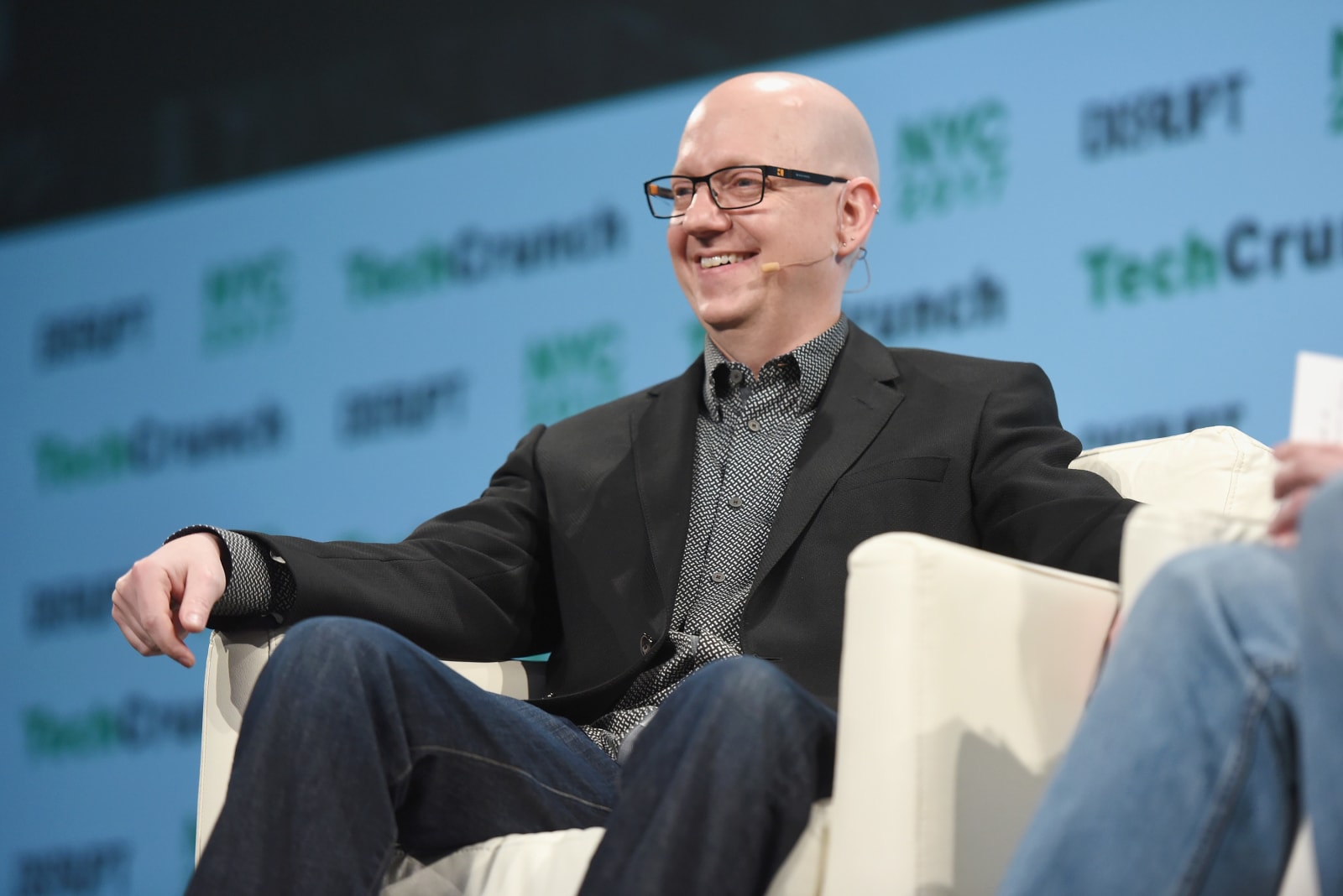DNC hires former Yahoo security chief in wake of 2016 hacks


The Democratic National Committee's (DNC) new chief security officer position has been filled, Wired reports. Bob Lord, who was previously Yahoo's chief information security officer prior to its acquisition by Verizon, will take over the position and will be working with both the national offices as well as smaller state offices. "I'll be working to protect my new colleagues at the DNC from the attackers who would prefer to keep us distracted from our mission of getting Democrats across the nation elected," Lord said in a statement. "And my job doesn't stop at the front door of the building -- my team and I will work with state parties to update their information security strategies and deployments to change the economics for the attackers."
Very honored to be able to work with @raffi, @TomPerez, and the rest of the amazing team at the @DNC! https://t.co/mG60iYio4t
— Bob Lord ¬_¬ (@boblord) January 25, 2018
Lord has plenty of experience when it comes to dealing with major hacks. After taking his position at Yahoo, he discovered two massive data breaches that affected billions of Yahoo users. One person involved with the 2014 breach pleaded guilty in November to nine charges related to the hack. "There are very few people in the world who actually found foreign actors in their system and did something about it," DNC Chief Technology Officer Raffi Krikorian told Wired. And that experience is what made Lord such an appealing candidate for chief security officer.
Following the 2016 hack that led to the public release of thousands of internal emails, the DNC has been trying to strengthen its security practices and prevent future breaches. It hired Krikorian last June and adopted encrypted messaging last year. In a statement to Wired, DNC Chair Tom Perez said, "When I took this job, I made it crystal clear that our organization's cybersecurity required immediate attention and resources. I'm confident Bob's skills and hard work will help protect us against the sort of cyberattacks and intrusions that are unfortunately all too common in today's age."
Source: Wired
via Engadget RSS Feed "http://ift.tt/2E7Xj99"
Comments
Post a Comment